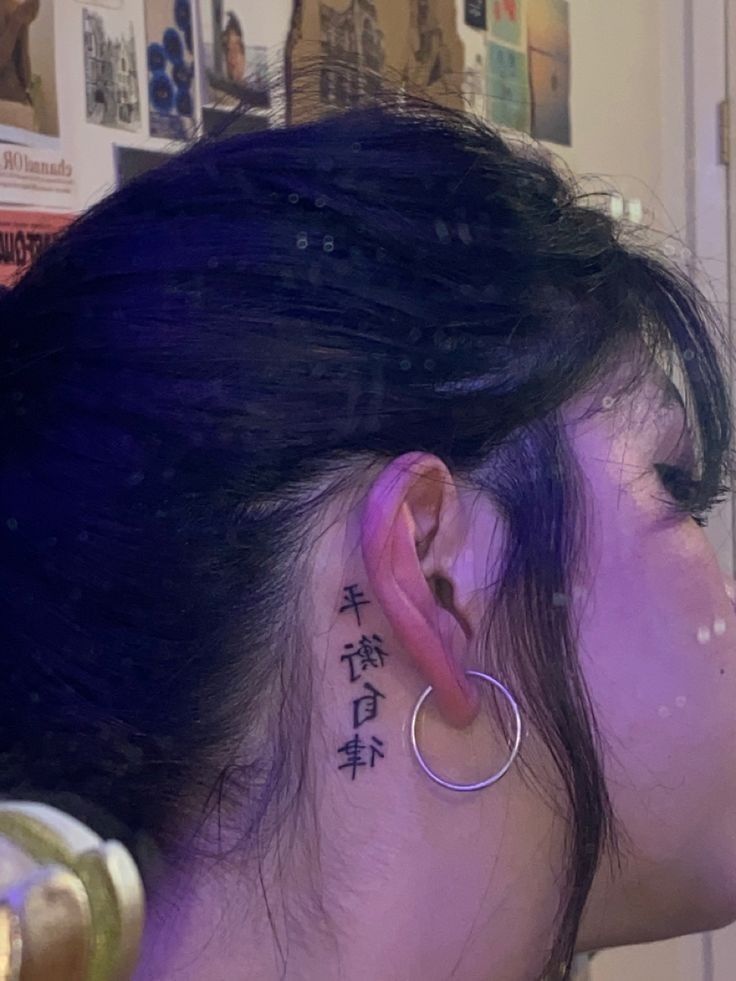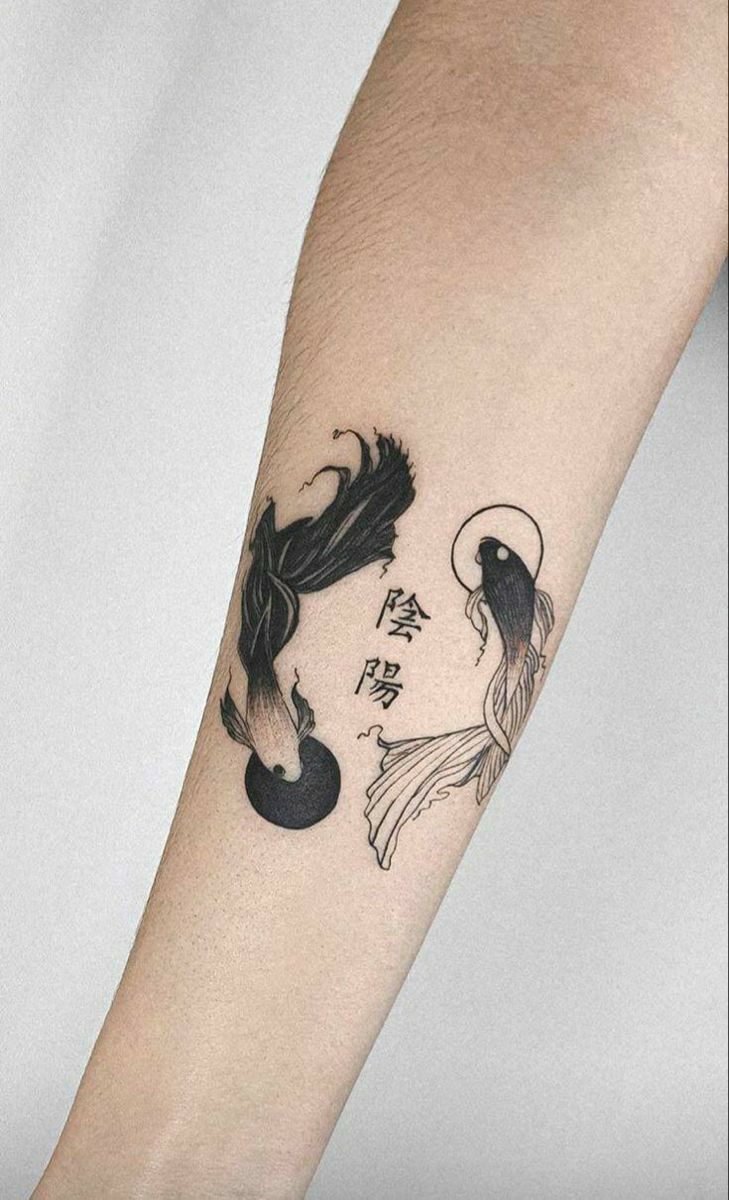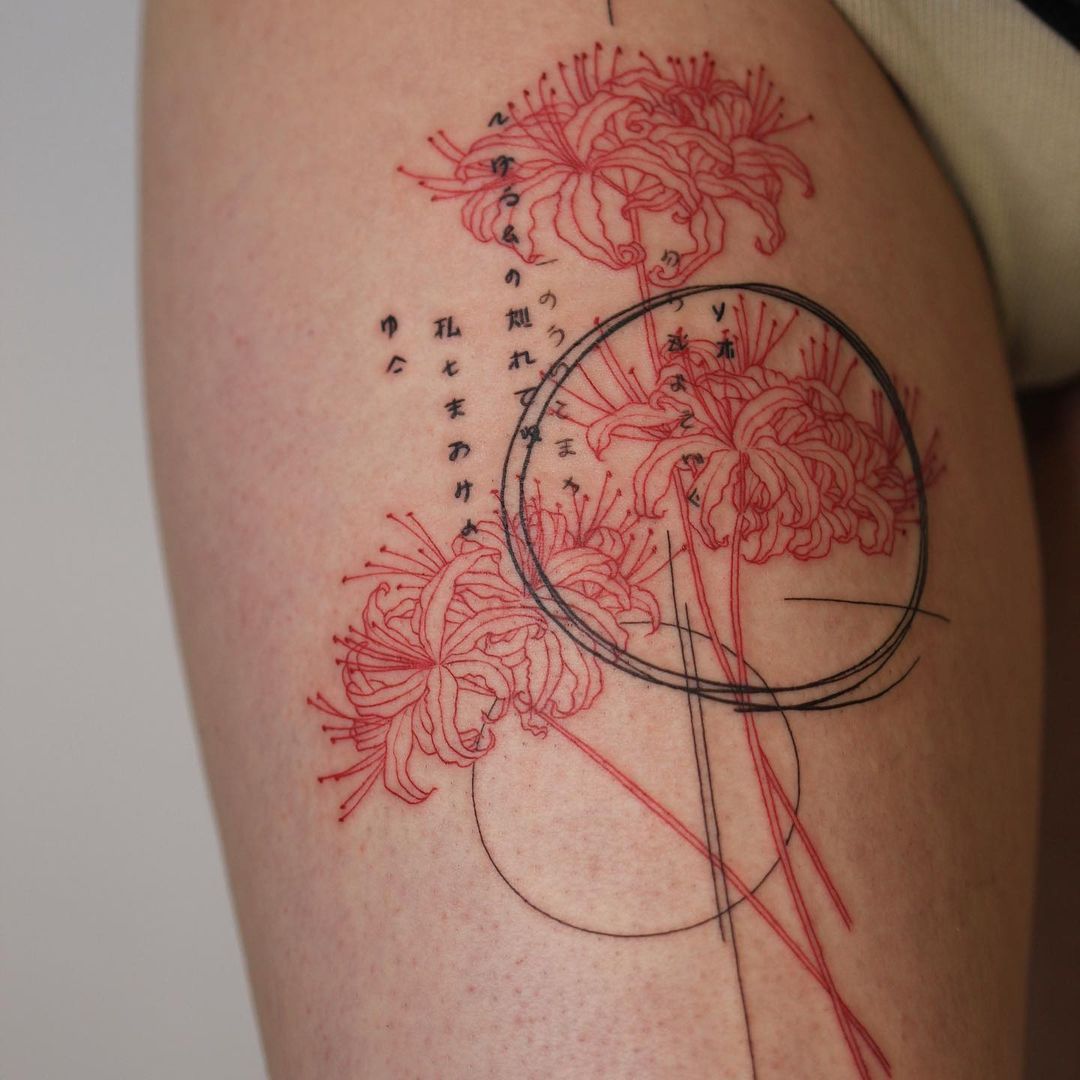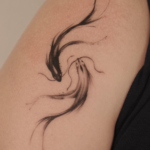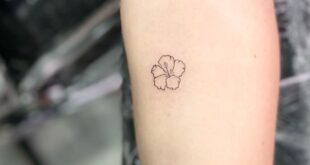Tattooing has been a form of artistic expression and cultural tradition in Japan for centuries. Japanese tattoos, also known as irezumi or horimono, have a rich history and symbolism that set them apart from other styles of tattooing around the world.
Japanese tattoos have their roots in the ancient art of ukiyo-e woodblock prints, which often depicted mythical creatures, warriors, and scenes from Japanese folklore. These images were later adopted by tattoo artists and reinterpreted into intricate designs that have become synonymous with Japanese tattooing.
One of the most famous motifs in Japanese tattoos is the koi fish, which symbolizes perseverance and strength. Other popular images include dragons, cherry blossoms, and geishas, each with their own unique meanings and significance in Japanese culture.
Traditional Japanese tattooing is a painstaking process that requires skill, precision, and patience. The designs are usually hand-drawn by the tattoo artist before being transferred onto the skin using a needle and ink. The process can take several hours or even days to complete, depending on the size and complexity of the tattoo.
In Japan, tattoos have long been associated with the yakuza, or Japanese mafia, and were once taboo in mainstream society. However, attitudes towards tattoos have been changing in recent years, with more people embracing them as a form of self-expression and art.
Today, Japanese tattoo artists are renowned for their technical skill and innovative designs, attracting clients from around the world. Many travelers visit Japan specifically to get a traditional Japanese tattoo as a way to experience the country’s rich cultural heritage.
While Japanese tattoos have gained popularity globally, it’s important to remember that they are steeped in tradition and symbolism. It’s essential to respect the cultural significance of these tattoos and understand the meanings behind the images before getting one inked on your body.
In conclusion, Japanese tattoos are a unique and revered art form that continues to captivate people with its intricate designs and deep symbolism. Whether you’re drawn to the rich history of Japanese tattooing or simply appreciate the beauty of the art form, getting a Japanese tattoo is a meaningful way to connect with Japanese culture and tradition.
 innstyled Tattoo Ideas
innstyled Tattoo Ideas
